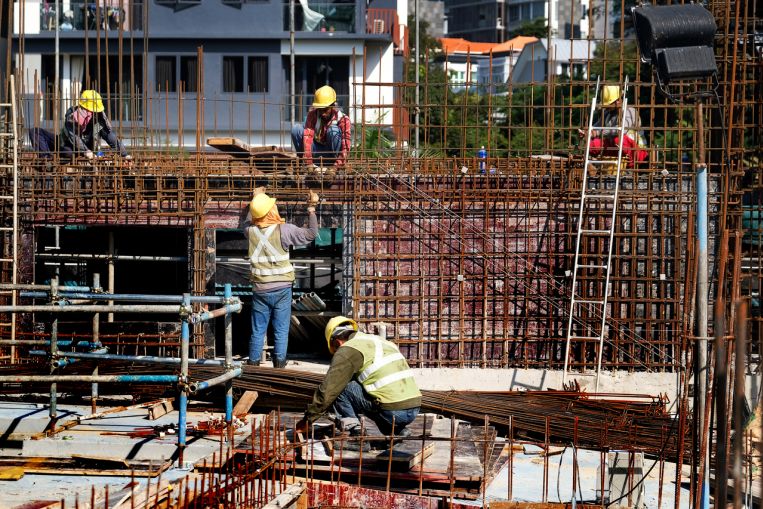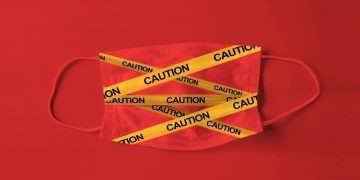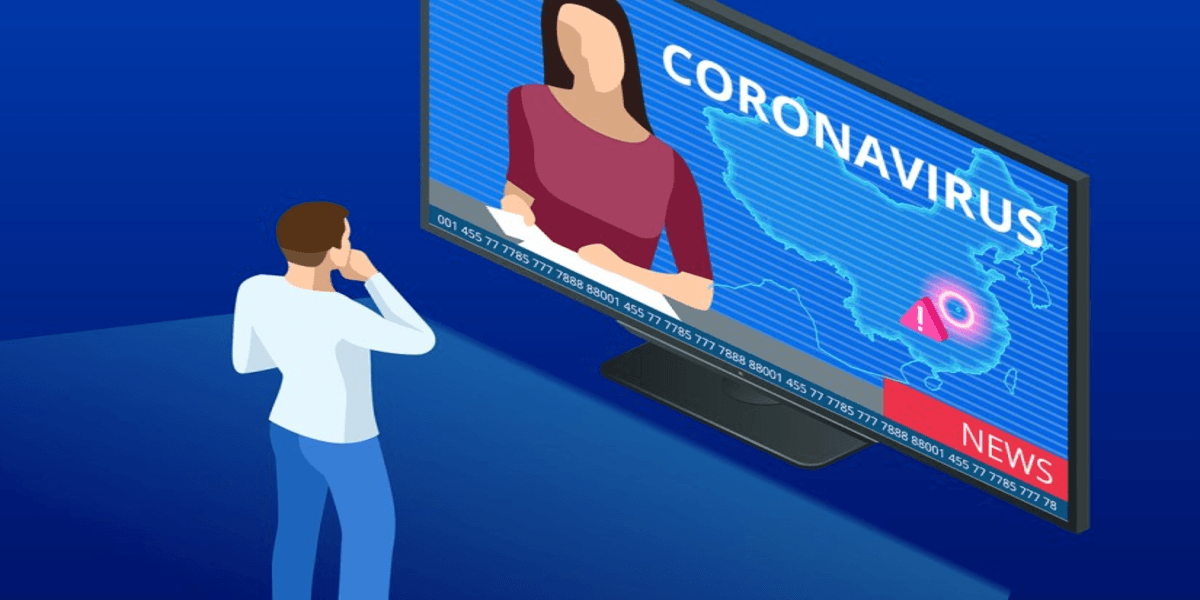The Coronavirus & the Law: Legal Implications
OPINION: FEBRUARY 2020
As the world faces a potential coronavirus pandemic, we discuss the legal implications of the virus.

China’s central bank has started to deep clean the country’s currency and destroy potentially contaminated money, CNN reported.
At this point, the Coronavirus has become more than just a disease, it has become a test. From globalism’s weak points to government mistrust, it has been striking to watch the media coverage of the outbreak lately, between paranoia and disinformation. What is certain however, is that the Coronavirus could create a giant legal mess all over the world. From the global workplace to insurance companies: The Coronavirus & the Law: Legal Implications.
Coronavirus & the Workplace: an employer’s duty to its employees
Now that World Health Organization has declared the Coronavirus a public health emergency, employers have started to look for ways to protect their employees but their role is complicated by various legal issues: safety, employee health, job functions and business travel. So, what implications for employers?

Duty of Care
Employers owe a duty of care to their employees to take reasonable steps to protect their health and safety and to provide a safe place and system of work. It means for example that employers should not insist that an employee travels to an area affected by the virus for work related purposes; or suspending an employee as a precaution if the later has returned from an affected area.
What are reasonable precautions? An employer could take easy steps such as educating and providing guidance to employees on the symptoms of the virus, ensuring access to hand sanitizers, providing advice to employees concerned, etc.
Risk of Lawsuits
Coronavirus Prevention at work may clash with bias laws. For example, someone could challenge a requirement to stay home by alleging discrimination for instance, or another could argue to be protected by the Americans with Disabilities Act (ADA). Those claims wouldn’t probably be valid but this shows that employers should remain aware of the legal implications associated with the outbreak.
What does it mean for the insurance industry?

A global pandemic could have serious consequences for the insurance industry. It could be anything, from business interruption coverage to liability suits that look at the ongoing transmission of the virus, the pharmaceuticals industry or simply travel insurances. The main question here is: would insurance policies cover losses related to coronavirus?
Flight Cancellation coverage? Not so sure
Most travel insurance is designed to protect travelers in case they need to cancel a trip, if they lose belongings, or require medical attention. But for cancellations related to coronavirus, only certain reasons qualify. If your flight got cancelled, it is generally the responsibility of the airline to reimburse you. The same goes for cruise lines, rail companies or any other transportation provider.
Now, if you choose to cancel your trip, you might not be covered. Travel insurance usually covers consumers who have to cancel for adverse weather, natural disaster, act of terrorism, but it won’t cover you for being worried about the coronavirus. If you get sick however, then you will likely be covered. A small consolation.
Workers compensation: your loss must arise from the course of employment.
Traditionally, to be covered under a workers compensation insurance policy, it must be determined that the loss to the employee rose out of the course of employment, which may be difficult to establish in the event of a virus outbreak. There again, employers should consult state workers compensation laws.
Property policies: did you occur a physical loss?
Without physical damage, income loss associated with people choosing not to travel and/or people choosing not to go to work generally does not trigger property insurance coverage. That said, it all depends on the insurance policies.
General liability: can you sue the antiviral drugs manufacturer?
Some entities that interact with the public (such as hospitals, schools, restaurants, airlines, etc) could see litigation if some customers believe they can link their illnesses with those entities. However, proving causation will likely be the major hurdle here. Besides, entities with clear and enforced pandemic policies would have additional defenses.
Supply chain issues and trade disruption
The shutdown of Chinese manufacturing is likely to have an impact on the global supply chain along with a consequential impact on construction projects and other downstream industries. There is however Trade Disruption Insurance (TDI) policies which focus on the consequential loss potential. Such policies could provide some level of protection to companies with complex global supply chain interdependencies.
The Force Majeure provision
Usually contained in contracts such as supply agreements, “force majeure” clauses govern events that are unexpected and outside of a contracting party’s reasonable control. In this case, force majeure clauses provide for the extraordinary termination rights in favor of either one or both parties.

“2019-nCoV” as “Force Majeure”?
If the coronavirus outbreak constitutes a force majeure event, many industries could be impacted: employers could be faced with contractors (and contractors with sub-contractors and suppliers) claiming they are entitled to invoke provisions in their contracts and to suspend performance. In the maritime sector already, there have already been reports that Chinese shipbuilding yards have declared force majeure under some of their shipbuilding contracts as a result of the delays caused by the outbreak.
What if there is no “Force Majeure” provision in the contract?
Not all contracts will have force majeure provisions, then the contract will likely be subject to national laws covering respective default constellation. These contracts will require additional consideration as to the nature of the impact of the outbreak on the contract and the effect that this might have on the parties
Conclusion: What next?

The potential disruptions from the outbreak cannot simply be underestimated. From a medical point of view, the coronavirus-epidemic has still not reached its peak. Also, from an economic perspective, the full picture of the outbreak’s consequences remains to be seen.
Companies should be well aware of the legal implications associated with the Coronavirus outbreak. They should start incorporating risk management measures such as inserting express infection disease/epidemic wording into their new contracts, reviewing their insurance arrangements or conducting risk assessments.
Similarly in the workplace, companies must proceed carefully, taking care to ensure their policies for dealing with coronavirus don’t unwittingly discriminate while insuring a safe workplace for their employees.
In any case, pursuing a pro-active approach in connection with the handling of the consequences of the coronavirus epidemic will be the better choice. To use a medical terminology: Only a careful and thorough anamnesis of the possible legal risks as well as of the potential options will reduce the risk of being unexpectedly confronted with the negative diagnosis of a court.
Coronavirus & the Law: Legal Implications: We want to hear what you think about this article. Contact us or leave a comment under this publication.
Share, Like, Subscribe
Disclaimer: An attorney should be contacted for advice on specific legal issues and nothing on this website is intended to create an attorney‑client relationship.




